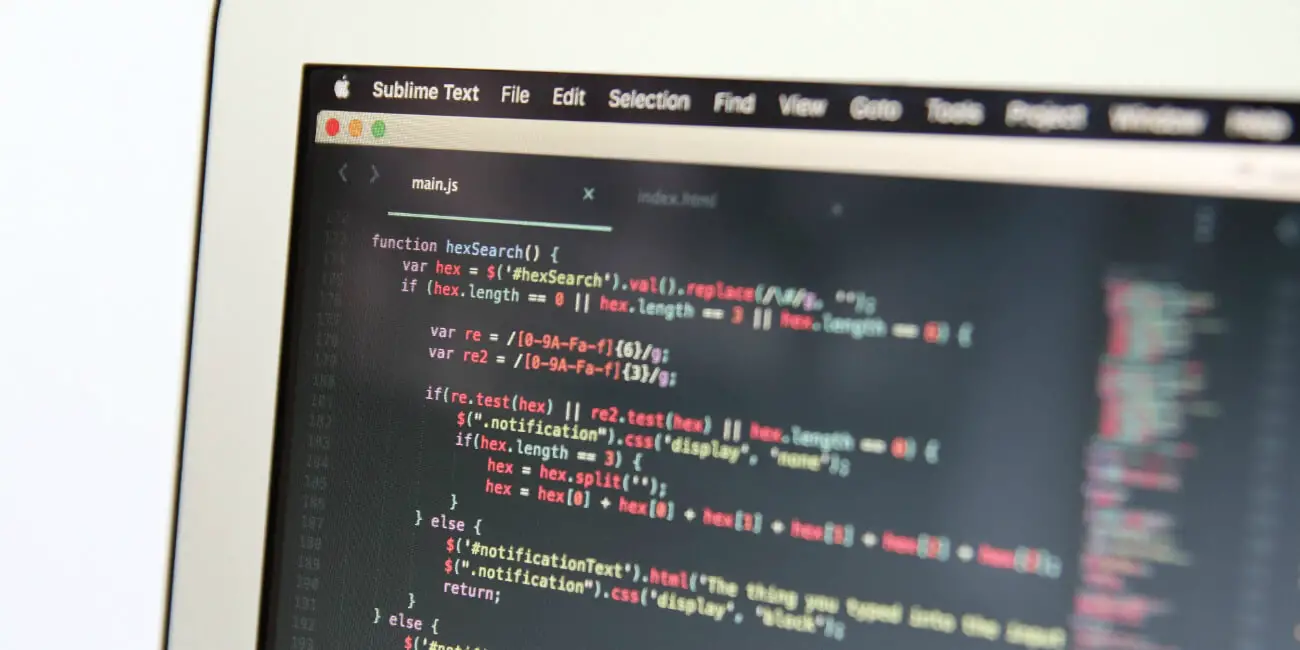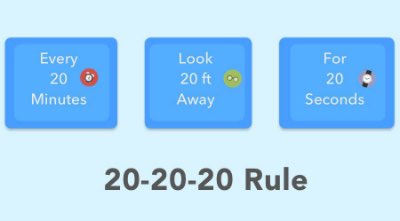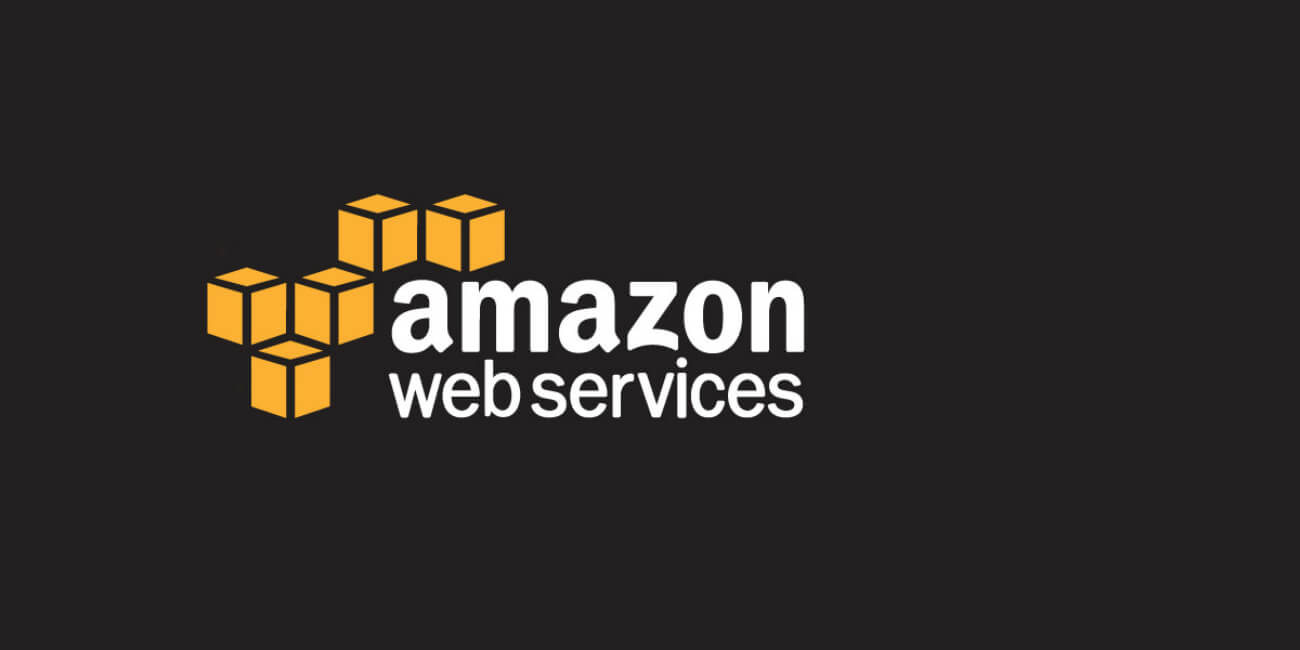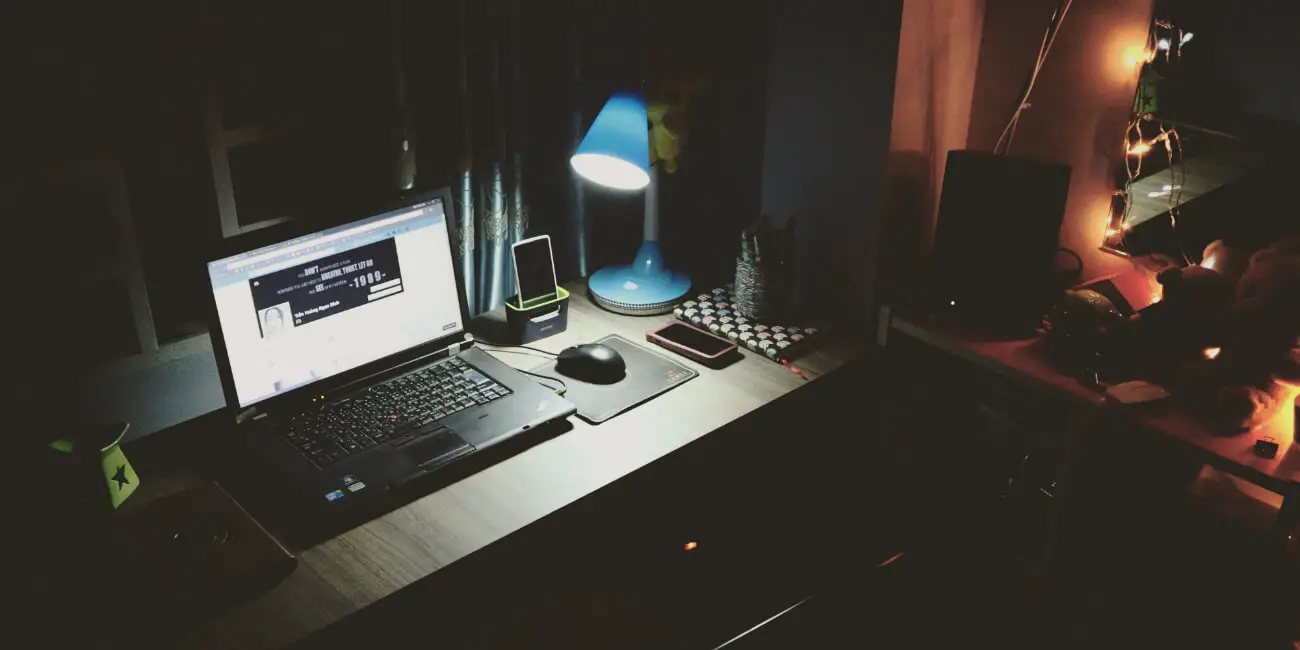
How to Teach Yourself Coding
With the amount of resources at our disposal, learning how to code simply requires patience and an idea of where to start looking..
I began my coding journey with Myspace, just like many others, maybe even yourself. Sure, Myspace wasn’t as complicated as other programming-intensive websites of the time (definitely not compared to today), but the HTML/CSS/JS languages needed to embed customized audio players and dynamic backgrounds are the same languages used today on most websites. Today there’s just less accessibility to get under the hood and make changes. So if you’re considering or have already taken a dive into the coding world and chose the self taught route like I did, here are a few tips to set you up for success.
Get acquainted with coding terminology
Coding is a language and like languages, there are many of them, each with their own complexities and tribal knowledge. Some of the most common coding languages used in 2019 are Python, Java, Javascript, Swift (for iOS applications) and C++. Each language has its place in the programming world, depending on what exactly you’re trying to build or do with an application. Also like spoken languages, there are syntaxes and conventions that have to be followed, in order for the code to run as intended. One stray apostrophe or missing bracket and your entire code sequence could fail to work- the pressure for perfection is on! Prepare to spend hundreds of hours staring at tiny characters on a screen. Here's a general tip to that end- if you’re spending hours upon hours staring at your screen in a dark room (hint: you will be), try using the 20-20-20 rule to alleviate headaches and vision strain. See the diagram below.

There are tons of useful online coding communities full of beginner and advanced developers alike, where you can get acquainted with coding terminology. The reason it’s good to jump into communities before hitting the textbooks is that, like language, coding best-practices change based on the needs of people. Feedback, idealization, specific use cases and recurring problems are the harbingers of change in the coding community, which means that studying visual basic simply because it’s a recommended “starter” programming language will do you no good in the actual world of coding. Start your journey by jumping into some coding communities and pay attention to what the heck is going on. A couple communities that I recommend checking out are the ever faithful Reddit and stackoverflow.com, although a good ol’ Google search couldn’t hurt as well!
Take step-by-step coding tutorials
Once you’ve got a general understanding of how things work in the coding world, at least from a use-case sense (how can I do this, by using this), you’re ready to start going through some tutorials. My best advice is to use online tutorials/courses that offer side-by-side coding examples, where you can easily tweak the code while following along with the guide. This is also a great way to get creative with coding, when the lessons are simple and easy to follow.
The traditional self-taught approach to learning how to code is to use training sites like Udemy or Teachable, though I’ve found that their courses can be tricky to navigate, especially if you’re looking for something specific. You’re also kind of restricted to the pace and directive of the instructor/course.. but that's just my experience. Instead of taking a structured course, I started my coding journey by spending hundreds of hours digging through w3schools.com because their lessons are easy to follow, collectively exhaustive and you can run each line of code right on screen as you go. I suppose there’s also merit in mentioning Fiverr, an online marketplace where you can find developers to help teach you code or even just create the code for you, if you're in this for a specific project outcome.
Advanced coding blogs
In my personal experience, online guides as mentioned previously can offer all the resources you need to get started with coding. If your goal is to become a freelance developer, you can take these lessons and start looking for your first development client, though make sure to set the expectation that you’re somewhat new to this line of work! However, after you've learned the basics and started creating for-loops that don't crash your server due to you forgetting to close the loop, then you’re now ready to start diving into the more advanced, technical blogs and tutorials that speak to achieving specific results through code. For example- how to install Let’s Encrypt Certificate on cPanel. The benefit of these advanced blogs is that they are written by people who really know what they’re doing, and it always pays to learn from people better than you.
After you’ve started writing your own code (and maybe even had a client or two), now it’s all about discovering new ways to clean up code and do cool stuff with it. Just like spoken language, nobody knows how to code in every single programming language, so as soon as you feel confident that you can create an application/website/etc, you’re legally allowed to use #developer in your Twitter bio (I don't make the rules). You might also consider creating your own Portfolio to show off your work- here’s mine if you want to check it out!
If you found this Mod useful, you might also enjoy learning about these five management tips for digital files. Please share this Mod using the social media icons below. Any comments or questions? Let's have a conversation on Twitter!

